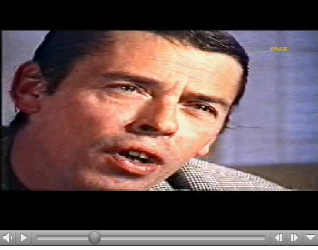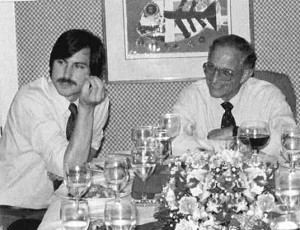After Finland, Sweden, here comes Belgium. A recent study has been published: “Le financement des spin-offs universitaires en Belgique” by Fabrice Pirnay (HEC-ULg) & Sarah Van Cauwenbergh (CeFiP) – May 2009. It is about spin-offs from universities in the French and Dutch-speaking parts of belgium. I am not sure it is available online though.
Because it is not a marketing tool, it may not make everyone happy as it shows once again that there are weaknesses in our innovation systems and that we are also far behind the USA. I participated to a workshop to discuss the study and the lessons I want to remember are that if we want to favor growth, we need ambition, i.e. high quality teams, resources and an international strategy. Because tehre is a chicken and egg issue between money and people, I remain convinced that international exposure is a good initial bet, I mean sending people abroad as well as inviting people to come where we live. We also need mot role models, mentors so that we should use our diaspora and our alumni.
Now instead of going any further in a complex analysis, here are the advice of an unusual roel model: Jacques Brel. My colleague Bernard Surlemont (qui m’avait invité à ce workshop) showed me this great document where the Belgian singer talks about passion, fear of failing and work vs. talent. They are in French only…
Passion
Fear
Work










